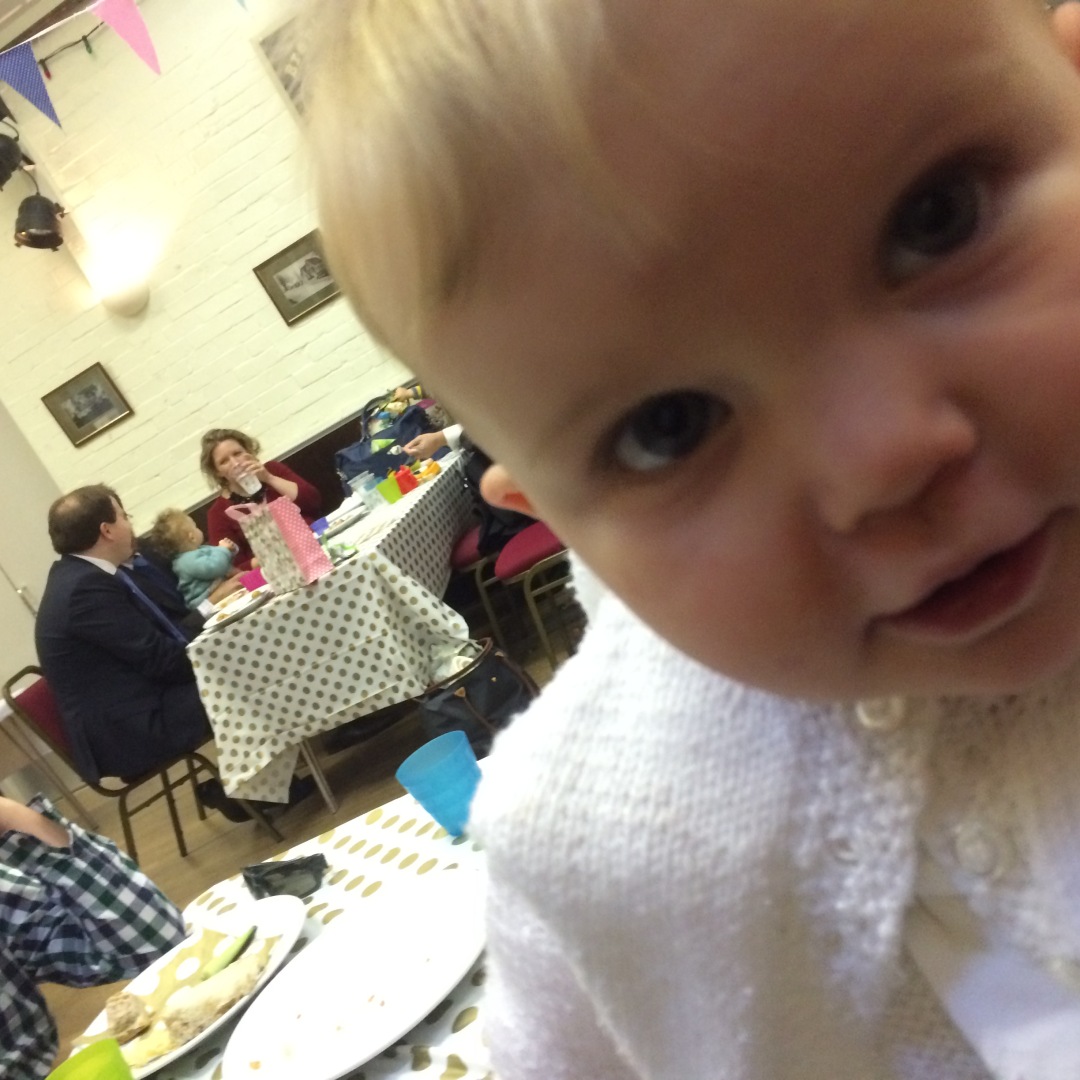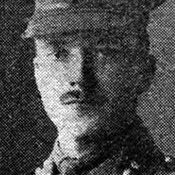Annabelle Emma

Annabelle, may I have a word?
I am your mother’s godfather,
your Granny’s brother. Your sister
knows me as ‘GUR’. I have a thing
about writing and these embroidered
lines are for your Christening.
As you grow, you’ll observe the life
that is your home. Sounds will surround
you; as will subtle and profound
feelings, fragrances and flavours,
cooling waters and warm delights.
You will learn to be a walker
then a talker; you will begin
to assert yourself, to believe,
to dream, to think and to perceive
difference. In pictures, at first,
you’ll learn to read; your scribbling
will take letter shapes; you’ll be versed
in words, phrases and sentences;
sums, science and geography,
history, French and philosophy.
Each thing you learn will add to you:
giving you strength in common sense
and understanding of value.
Friends will come and go. Some will pass
like the night, others will endure
throughout your days. As you mature
you’ll find some bright, some saturnine.
The best you’ll do is find a path
of gentleness and fold your time
in easy company. You’ll make
mistakes, feel anger, fear and hate;
but don’t let bad stuff dominate.
Balance wrath with patience; cleave
pride with modesty; put brakes
on envy, greed, excess; and leave
your lazy head behind in bed.
Wear your hair pink, if you so wish,
but not beyond age twenty-six;
pierce your ears, perhaps twice,
but not your lip, nose or forehead.
Tattoos, meanwhile, are hard to like.
Annabelle, please enjoy yourself.
Please yourself and please those who share
your life. Give of yourself and wear
your mindful, soulful heart above
the nuts and bolts of health and wealth,
and what will survive of you? Love.
robertspcole@gmail.com
@robertspcole
07974 357 237
Note for the curious: search ‘London Poems’ and ‘Wet Zebra’ or go to amazon, or www.robertspcole.com






Recent Comments